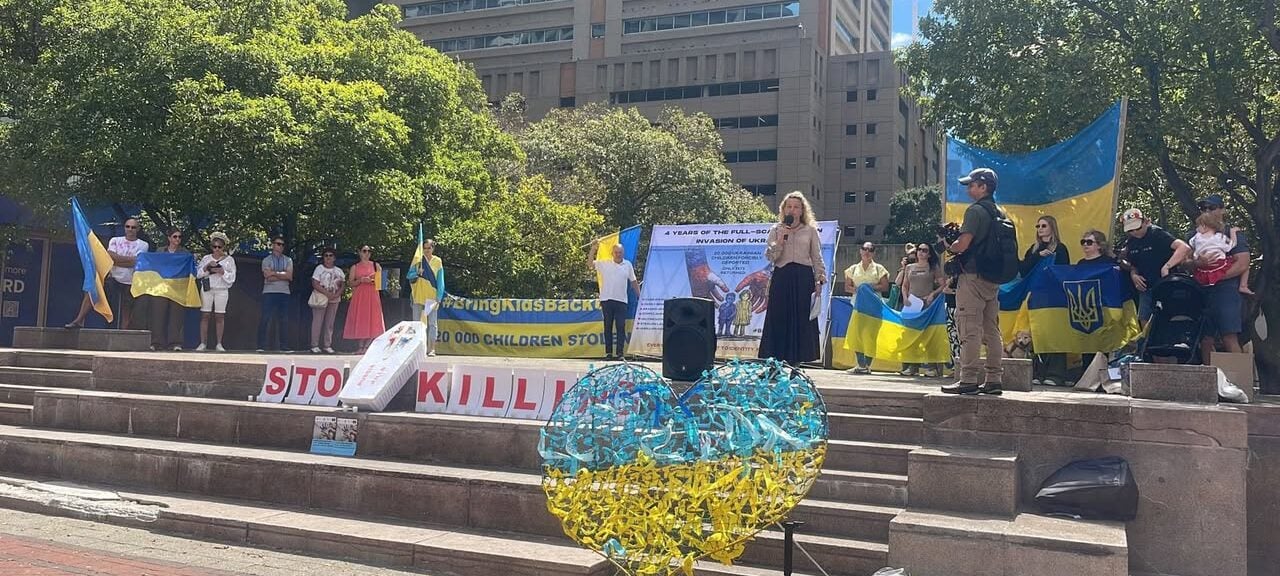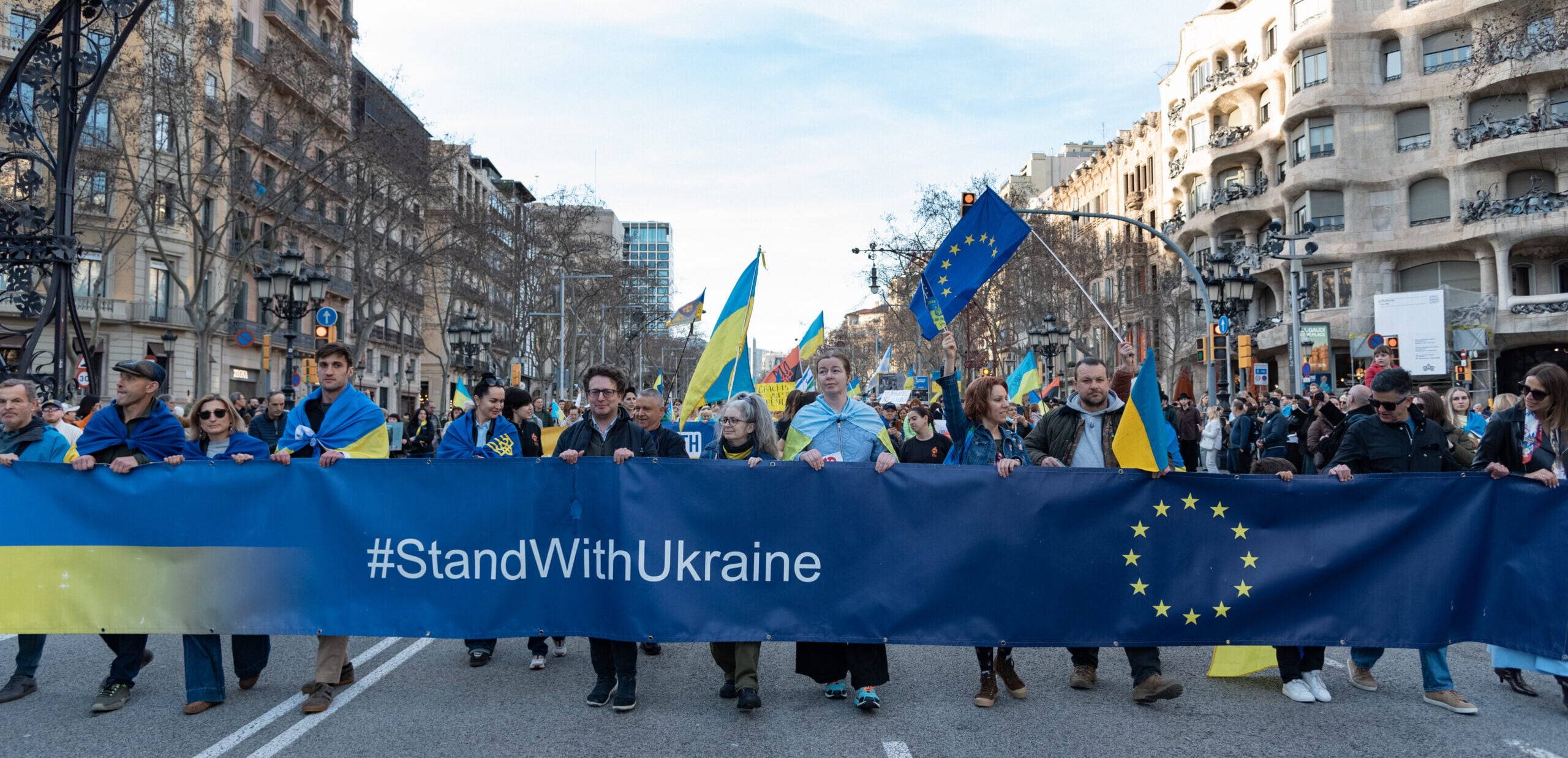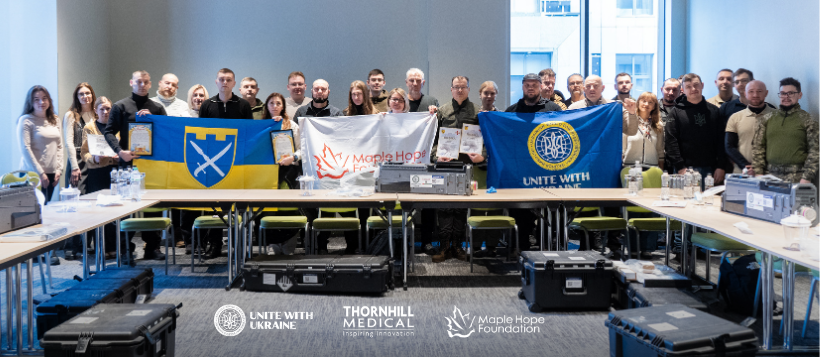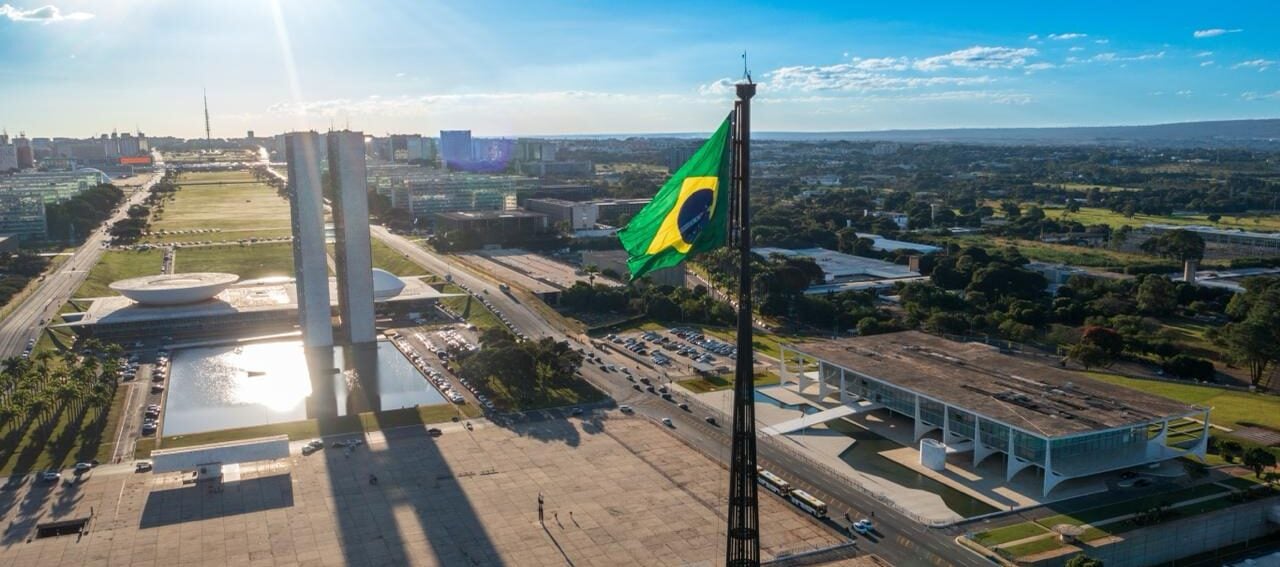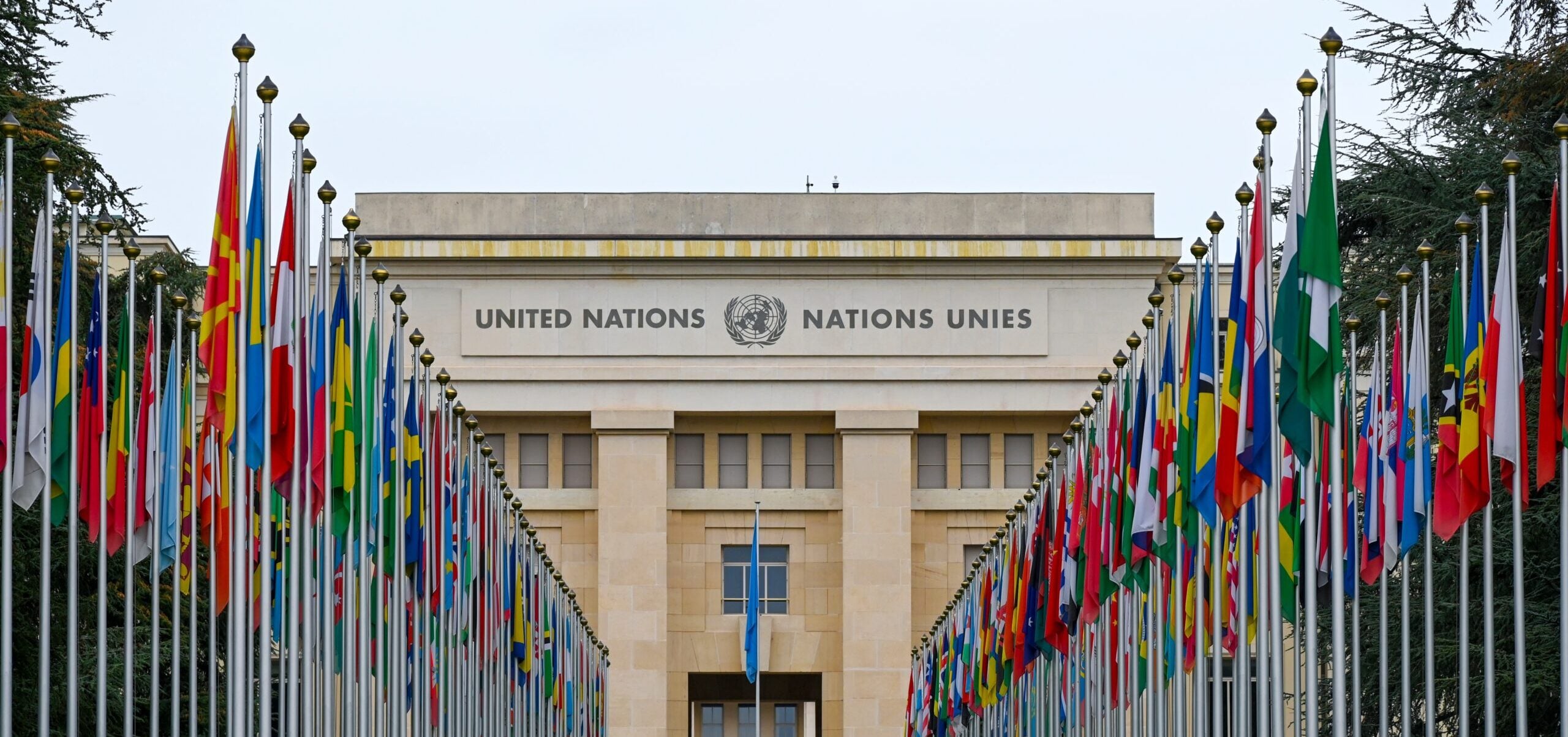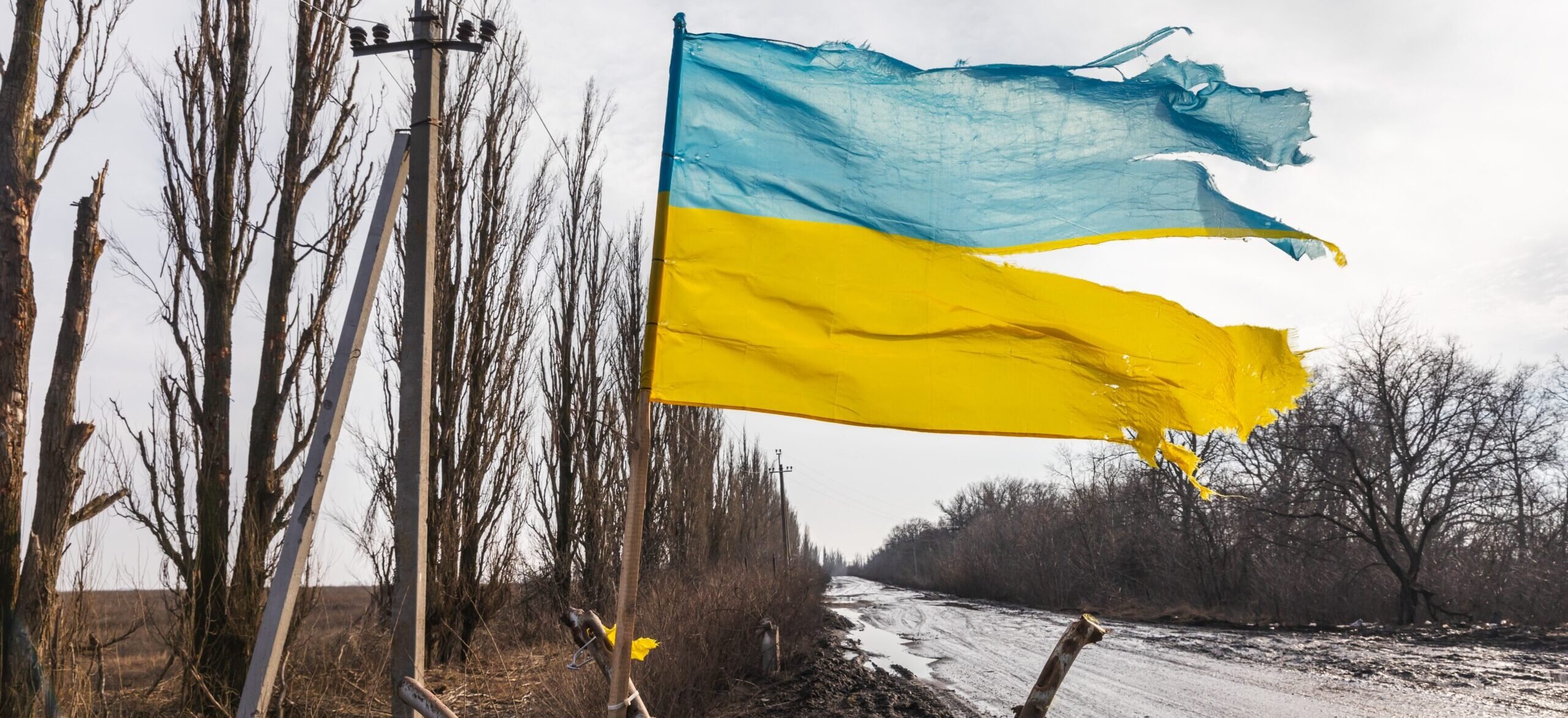

by Mykola Bielieskov, an expert from the National Institute for Strategic Studies (Department of Military Policy) and a senior analyst from the NGO “Come Back. Alive.”
Source: Atlantic Council
As US-led efforts to end the Russian invasion of Ukraine struggle to gain momentum, Vladimir Putin’s latest territorial demands include the surrender of strategically vital and heavily fortified Ukrainian land in the east of the country. Moscow is calling on Kyiv to unilaterally withdraw from the approximately one-third of Donetsk province that remains in Ukrainian hands as part of any peace deal. In other words, Putin aims to secure territory at the negotiating table that his army has been unable to conquer in more that three and a half years of full-scale war.
The northern third of the Donetsk province is the last remaining part of eastern Ukraine’s industrial Donbas region that is still under Kyiv control. It has been at the epicenter of Putin’s invasion ever since the onset of Russian aggression more than a decade ago in 2014, and is home to Ukraine’s most extensive network of fortifications. Putin’s proposed peace terms pose a series of grave political and military threats for the Ukrainian authorities.
Gifting Russia large swathes of unconquered territory that thousands of Ukrainians have died defending would be an extremely bitter pill for the Ukrainian population to swallow, to put it mildly. It would also be widely seen as rewarding Russia for launching the largest European war since World War II. This would legitimize Putin’s decision to invade Ukraine and set the stage for further Russian aggression.
Even if Ukrainian President Volodymyr Zelenskyy was personally inclined to appease Putin, he does not constitutionally have the authority to cede land. Instead, changes to Ukraine’s borders must be agreed via a national referendum. Any indication that Zelenskyy favored accepting Putin’s territorial demands would likely provoke strong domestic opposition. This would potentially destabilize Ukraine, creating a range of opportunities for Russia to exploit. A weakened and divided Ukraine would be far more vulnerable on the battlefield and in the diplomatic arena.
Alternatively, if Zelenskyy maintains his current position and continues to rule out Putin’s Donbas land grab, the Kremlin will likely use this rejection to poison the Ukrainian leader’s relations with US President Donald Trump by portraying Ukraine as the main obstacle to peace. Putin would no doubt welcome the opportunity to drive a wedge between Kyiv and Washington as Moscow seeks to isolate Ukraine and reduce international support for the Ukrainian war effort.
Militarily, the surrender of the northern Donetsk region would place large parts of eastern Ukraine at risk of being overrun by the advancing Russians. The region currently serves as a bastion against Russia’s invasion. While there is no guarantee that fortified areas will be able to hold out indefinitely against Russian attacks, Putin would almost certainly be forced to sacrifice huge numbers of troops before achieving his goal. In this sense, the Donbas fortress belt is one of Ukraine’s trump cards in its war of attrition against Russia.
Cover: Shutterstock




